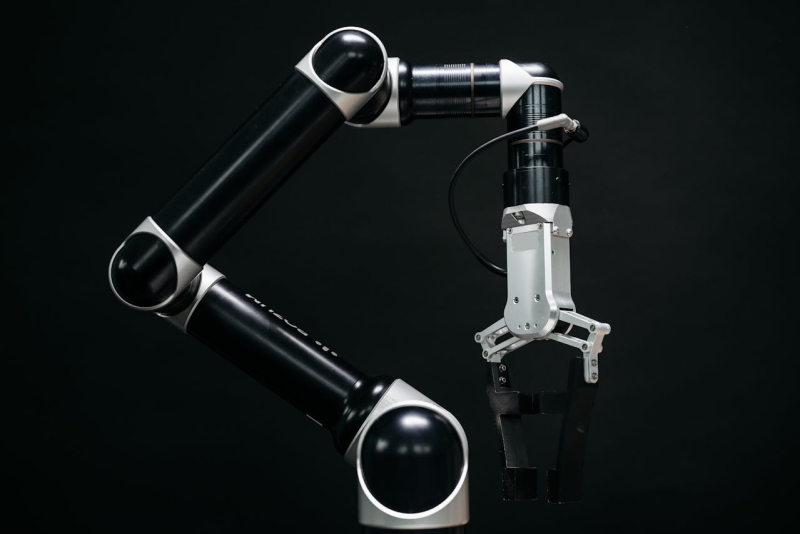Research
If there’s one thing we know about the latest robot designed by the engineers at ITMO, it’s that it performs well under pressure – literally. A new flexible joint design means that these hardy ‘bots don’t just take well to physical impact, but can even absorb its energy for their benefit. The team, led by ITMO PhD student Egor Rakshin, has improved on a previous design to create a system that can easily navigate rough terrain and is compatible with various robotic form factors: from quadrupeds to manipulator arms.
Read more: ITMO Researchers Create Robots That Withstand Shock Loads
***
It began with a medical mystery: when the number of lung cancer diagnoses increased in Russia in the late 2010s, the associated mortality rate remained the same. A group of researchers at ITMO’s Digital Technologies in Public Health lab set out to identify the reason. Now, their findings indicate that the widespread use of computer tomography is to thank for the increase in early diagnoses of this life-threatening disease. This study, the first of its kind, is expected to help in bringing further attention to the importance of patient access to CT diagnostics.
Read more: More Lung Cancer Cases Discovered Thanks to Computer Tomography
***
Among the many factors for the rapid growth of Russia’s machine-learning industry is the availability of open-source resources. Recently, the university’s Research Center “Strong AI in Industry” conducted a study to identify the nation’s top contributors to the open-source knowledge pool. Findings put tech and finance giants Yandex, Sberbank, and T-Bank squarely at the top – not only for the volume of their contributions, but also their quality. The study has also helped identify the top projects in a range of categories, such as ML, math, data storage, and many more.
Read more: ITMO Names Russia’s Open-Source Software Leaders
University
If you want to be the best, it’s best to start early – this is the message communicated to soon-to-be graduates of St. Petersburg’s Lyceum No. 150. Starting from this academic year, the school’s 10th- and 11th-graders will get to dip their toes into nanoscience at the new joint ITMO lab, going so far as to synthesize their own nanoparticles and eventually present end-of-year projects before experts. The top participants will receive bonuses when applying to ITMO’s educational programs.
Read more: ITMO and St. Petersburg School Launch Nanotechnologies Lab
***
Young researchers, it’s once again your time to shine: the university has announced the start of its latest open call for projects, implemented within the 2030 Development Strategy initiative. Applicants within three tracks (Frontier Laboratories; Frontier Laboratories for AI in Science; and AI in Education) whose projects are picked up for development will receive up to 20 million rubles in funding, along with expert support and other resources. The submission deadline is October 9, 2024.
Read more: ITMO Launches New Open Call for Projects within 2030 Development Strategy
***
Speaking of young researchers – now that the new academic year is in full swing, ITMO.NEWS has caught up with some of this year’s new arrivals; more specifically, the winners of ITMO.STARS, the initiative that allows applicants with unique achievements to enroll at the university regardless of their exam scores. As usual, the winners’ projects range far and wide in their ingenuity: from an all-new social network to a potential solution for the issue of antibiotic resistance.
Read more: New Antibiotics, Social Media, and Solar Cells: ITMO.STARS Winners Present Their Projects




